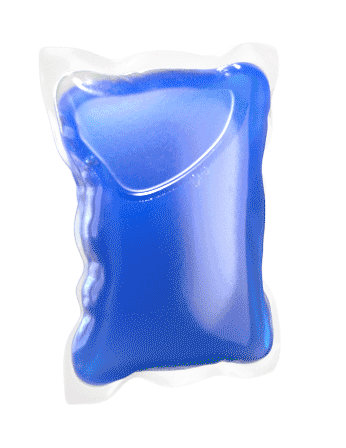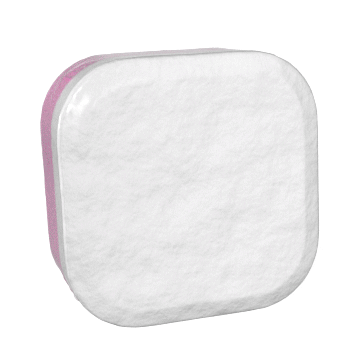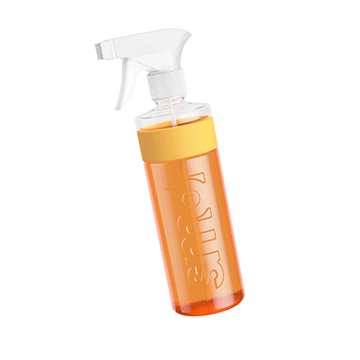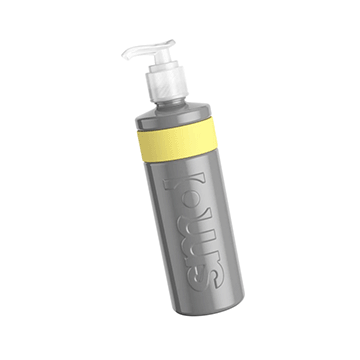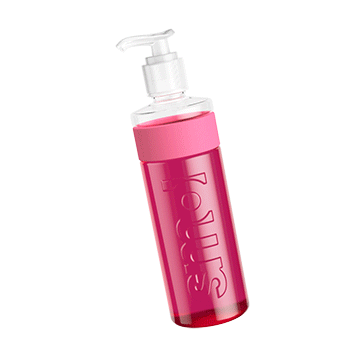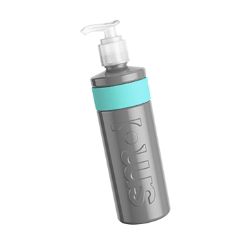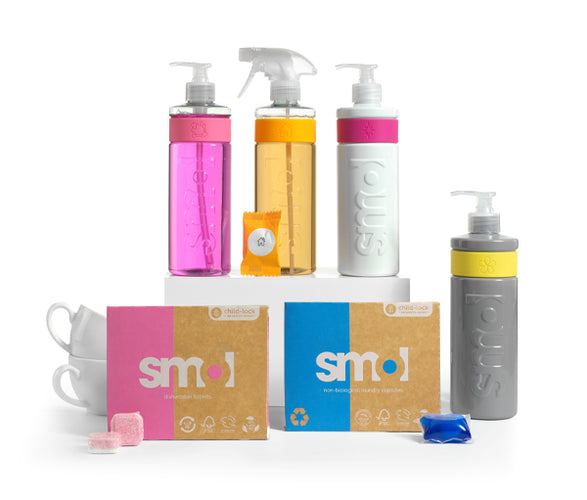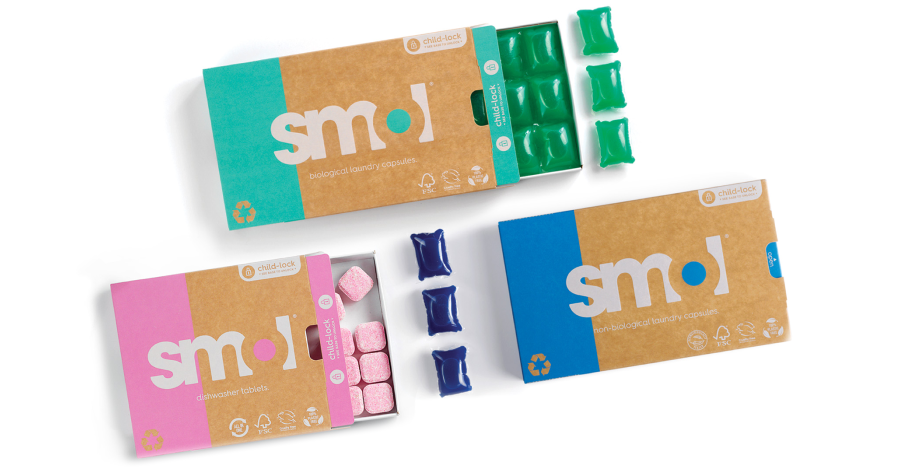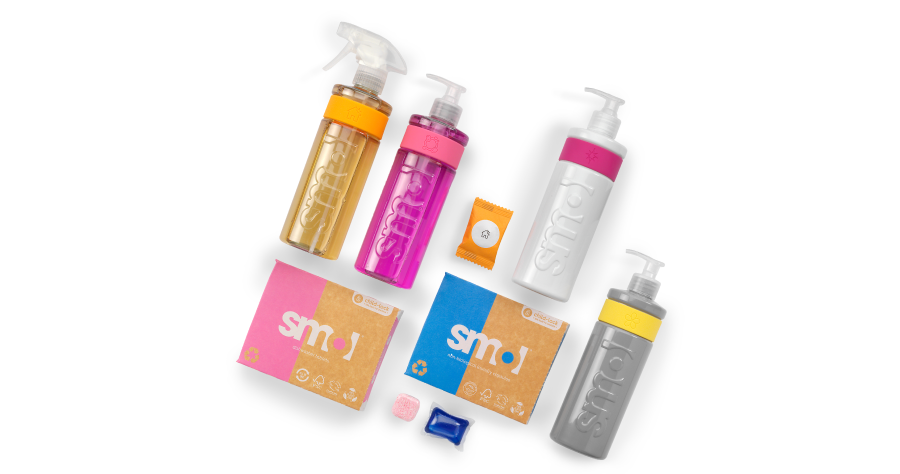No matter how hard you try to get away from it, plastic seems to be everywhere, and plastic waste is having a detrimental impact on our environment. It takes years to decompose, ending up in landfill sites, wildlife areas or the ocean. So, what can we do? Is it practically possible to go plastic free?
Going totally plastic free will be, to most, a huge and overwhelming change. And in some cases, depending on where you live, it’ll be almost impossible. But, as we say, smol things make a big difference, and any small change you make will be for the better. So we’ve put together this blogpost with some suggestions on how to go plastic free, or at least how to reduce your plastic waste.
1. Reusable shopping bags
This is a fairly easy one to do- buy some reusable shopping bags and take them with you when you go shopping. Make sure they’re strong, durable and will last a long time. It’s a good idea to keep some bags in your car, too, if you drive to the shops, or to keep a smaller foldaway bag with you at all times for any impromptu purchases.
2. Reusable water bottle
This is another fairly easy one to get to grips with. There are so many beautiful and convenient reusable water bottles out there- invest in one and keep reusing to limit the use of throw away bottles. We’d recommend trying to find one that is dishwasher safe, as bottles can be a little tricky to clean.
3. Reusable straws & utensils
As you all know, straws are notorious for ending up in the sea or on our shorelines. It is estimated that there may be as many as 8.3 billion plastic straws on beaches around the world. Either say no to straws, or purchase some reusable ones. By investing in a reusable straw, and reusable utensils, you can help to reduce your personal plastic pollution. Plus, they're usually compact, and will easily fit in a purse, handbag or backpack. Take them with you to clubs, bars, restaurants or events.
4. Buying bar products instead of liquid
Swap your liquid bottles for solid bars to easily reduce some of your plastic waste. Due to the nature of the product, liquid soaps and shampoos have to be packaged in plastic containers and, oftentimes, these containers don’t get recycled. They’re simply thrown into the bathroom bin, and then later in with the general waste. Bar soap and shampoo bars, on the other hand, are often packed in little to no packaging. They also tend to last much longer than their liquid counterparts, which is a win-win!
5. Eco friendly cleaning products
One of the biggest culprits for plastic pollution in the home is cleaning products- scourers, sponges, loofahs and surface wipes all contain plastic and do not break down once thrown away. Try looking for alternatives such as coconut fibre scourers, natural sponges and loofahs, and reusable or biodegradable wipes and cloths.
6. Buy plastic free laundry detergent and dishwasher tablets
Another way to go plastic free in your cleaning routine is by buying smol laundry capsules, available in bio and non-bio, and smol dishwasher tablets. Each smol pack is packaged in recyclable, eco friendly packaging and is 100% plastic free. Not to mention every smol product is vegan, cruelty free and up to 50% cheaper than the leading brands. Ditch the plastic clothes pegs for bamboo clothes pegs too and you’ll have a totally plastic free laundry routine.
7. Get cooking!
This is a tricky one as supermarkets are terrible culprits for producing single use plastic packaging, and a lot of the time it’s hard for us to avoid. One way to combat the war on plastic is to bring your own containers to the supermarket, and try to be sensible where you can. Go for loose fruit and veg, steer clear of the convenience food aisle and, if you eat meat and fish, try to choose from the fresh counters (you may have to specifically ask them not to wrap them in plastic packaging). If you have time, try to make your own food from scratch- it’ll be cheaper in the long run, you’ll know exactly what’s in it, and it will save on plastic packaging.
8. Make small changes where you can
Going plastic free is a process that takes a while to get right. Some swaps will be easier than others, but the key is noticing where you are creating plastic waste in your life and finding an eco friendly alternative. Some examples may include swapping cling film for reusable food wraps, purchasing biodegradable phone cases, switching to paper-stemmed cotton buds, using reusable or plastic free sanitary products, or even swapping to a bamboo toothbrush (albeit these are usually not completely plastic free, but still a step in the right direction). If all else fails, at least try to buy products with recycled or recyclable plastic packaging… PET is the most widely recycled type of plastic in the UK.
Going plastic free is difficult, but thankfully more and more alternative options are becoming readily available. Any small change you can make will have a positive impact, and soon enough it’ll be second nature!
smol things make a big difference😉
